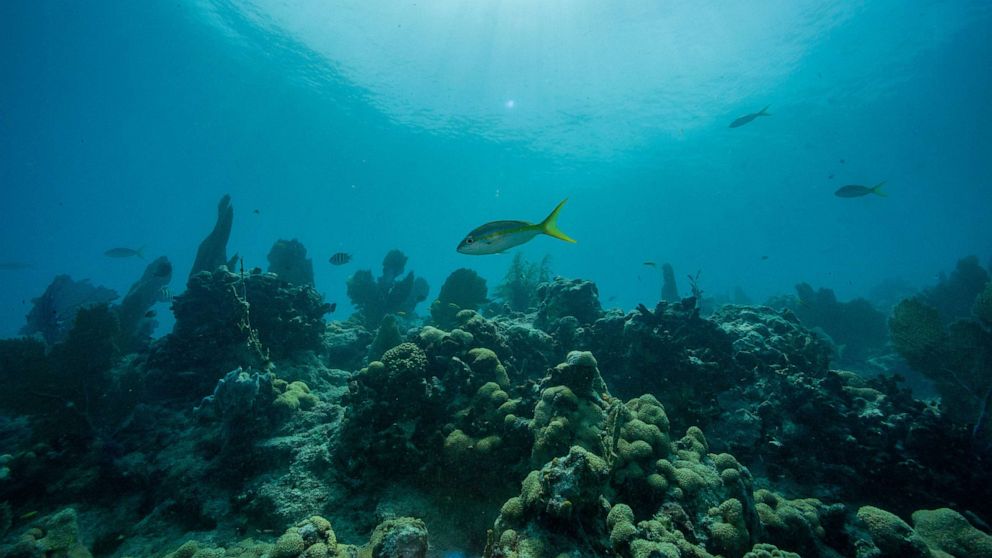Nearly all the world’s oceans are experiencing “unusual warmth,” contributing to extreme heat across the Northern Hemisphere this summer, as reported by a leading NOAA scientist. This warming has significant implications, as even small temperature increases can disrupt marine ecosystems, cause species migration, and heighten disease risks.
Additionally, warmer water expands, contributing to sea-level rise. Record-warm ocean temperatures in the Atlantic, where major hurricanes typically form, could result in a particularly active hurricane season, with Hurricane Beryl already breaking early-season records.
This year has seen an extraordinary spread of above-average sea surface temperatures, covering much of the globe. NOAA’s Zack Labe highlighted the direct link between this record warmth and human-caused climate change. June marked the 15th consecutive month of record-breaking ocean temperatures, and July may continue this trend.

The globe’s hottest three days on record began this past Sunday, driven by these unusually hot waters. The most anomalous warmth is concentrated in the northern Atlantic and Pacific Oceans, exacerbating the effects on ecosystems in both hemispheres.
Marine heat waves, akin to atmospheric heat waves but occurring in the ocean, have significant impacts on marine ecosystems, such as coral bleaching and loss of marine life, and can affect coastal communities. For instance, the Florida Keys experienced a record marine heatwave last summer, endangering coral reefs.
Efforts are underway to introduce heat-hardened coral species and transplant others to mitigate damage. In New Zealand, sea temperatures have reached record highs, with significant warming trends observed since 1982, leading to notable changes in marine ecosystems.
In Croatia, a heatwave on land has been mirrored by unprecedented sea temperatures, with the Adriatic Sea reaching potentially record-breaking warmth. This warming trend is attracting new species adapted to warmer waters. Ivica Vilibic from the Rudjer Boskovic Institute noted the Adriatic is significantly warmer than usual for this period, causing shifts in marine life.
Meanwhile, cooler sea surface temperatures in the Central Pacific Ocean indicate a developing La Niña event, which can temporarily cool global temperatures. However, long-term warming in this region suggests a need to reassess definitions of La Niña and El Niño conditions.
Georgia Grant from New Zealand’s Geological and Nuclear Sciences Limited explained that the oceans absorb about 90% of the excess heat from greenhouse gases, preventing even higher air temperatures. This highlights the critical role of oceans in regulating global climate.
As atmospheric greenhouse gases continue to rise, the surface temperature of the oceans will inevitably follow, underscoring the urgent need to address climate change to protect marine and terrestrial environments.

